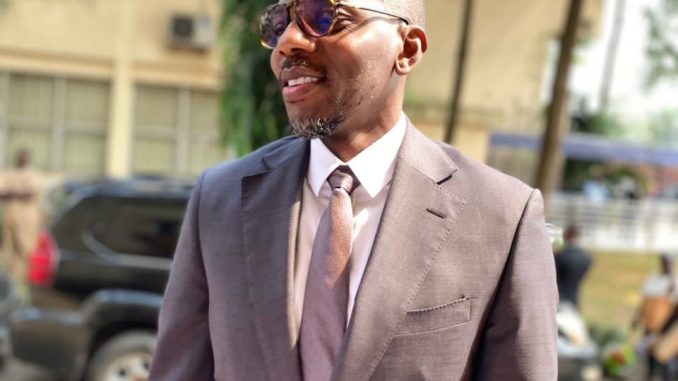
Mark Obisesan has begun his defense in the EFCC case, presenting compelling evidence to assert his innocence regarding the travellers cheque found in his possession. The court admitted WhatsApp and Facebook messages by Obisesan, revealing his efforts to seek a refund from the second defendant for unwittingly purchasing a fake check.
Crucially, the court also accepted evidence of Obisesan writing to travelex to verify the authenticity of the travellers cheque, receiving an acknowledgment from the company. Although, the prosecution argued against the admissibility, stating that it wasn’t clear what matter was being discussed in the exchange, he was over-ruled by the Judge after Chief Ayorinde argued that not only was it relevant to the case, the collection of the evidence was in accordance with administration of justice act.
During his testimony, Obisesan maintained that he never used the cheque to attempt any purchases until it was discovered in his possession. Mr Obisesan’s lawyer also tendered a statement of account as evidence of payment of funds for the travelers cheque from his stanbic account to that of the second defendant. This bank statement, one which showed a transaction of 1,850,000 and another of 2,150,000 was admitted as evidence by the judge.
Furthermore, he testified that he had no link whatsoever with the third and fourth defendant and had never met them until his detention by the Efcc.
Conclusively, Obisesan asserted that the EFCC raid on his house was not prompted by suspicions of a fake cheque but rather an erroneous belief that he was involved in internet fraud. He claimed that the EFCC stumbled upon the cheques during the search, which he had kept with the intention of returning them to the vendor for a refund.
Trial was adjourned to February 15, 2024.
